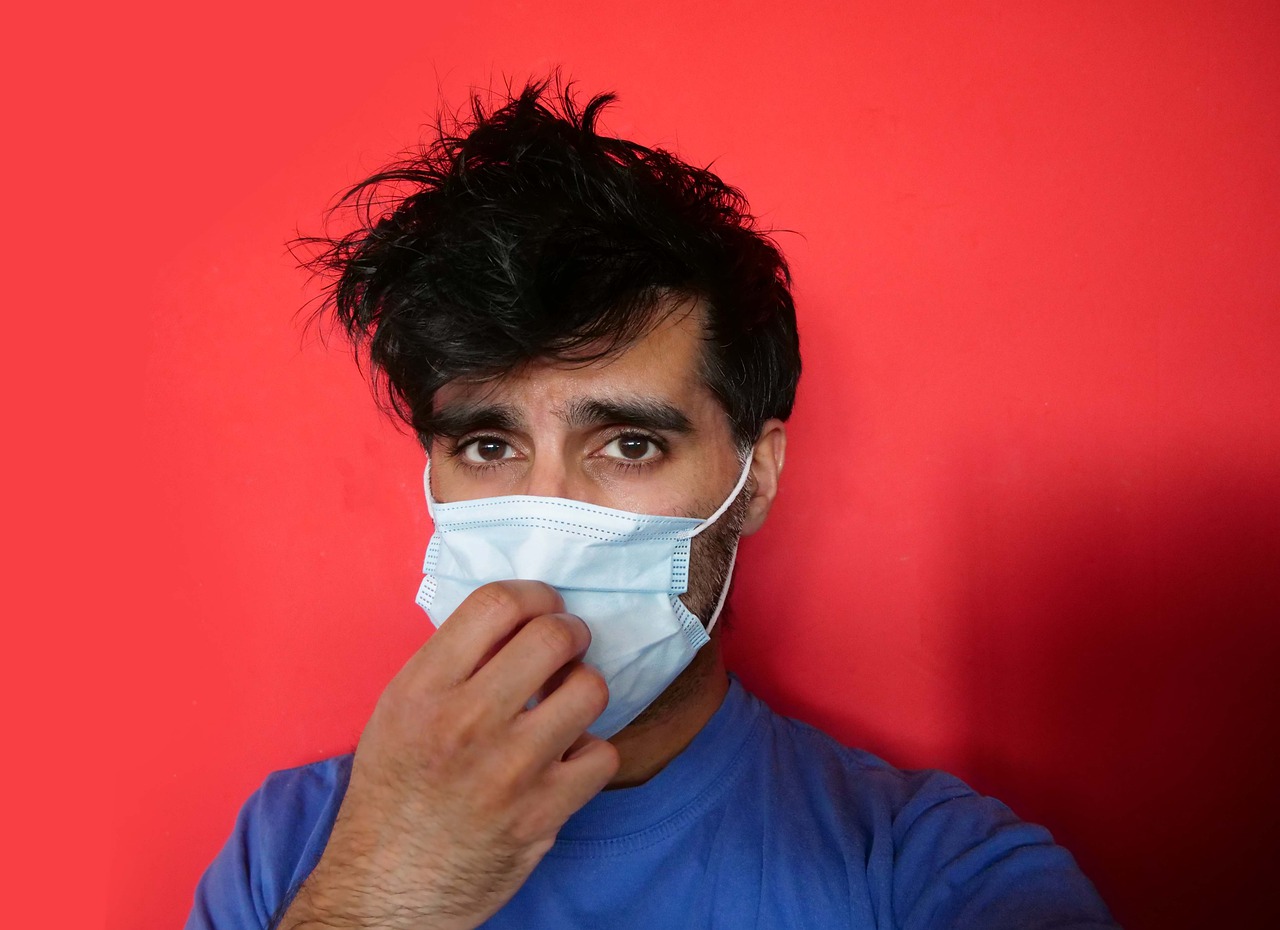Six reasons to keep wearing face masks in the coming weeks
Since the mandatory introduction of face masks in shops across England back in July, it has now become the norm to see people wearing them at shops, on public transport and in queues. However, there is still much discussion over whether this move should have been implemented earlier.
As we prepare for students to return to school in just a few weeks and with reports indicating that the infection rate could be rising above 1 in some areas, helping to reduce the spread of the virus in the coming weeks has never been more critical.
Alastair Lockwood (MA, BM BCh, FRCOphth, PhD) is a consultant ophthalmologist specialising in glaucoma, currently residing at the Queen Alexandra Hospital in Portsmouth. In 2004, Mr. Lockwood was involved in a randomised control study which proved the reduction of droplet travel using dye to colour saliva for surgeons performing ophthalmic procedures and less contamination of the surgical site. Drawing on this knowledge, Mr. Lockwood has long been endorsing the use of face masks within enclosed public spaces to protect others, until the pandemic is over. He was recently featured on BBC News discussing his views on the use of face masks as a preventative measure in the UK.
Whilst the delay in implementing mandatory use of face masks continues to be questioned, there is no doubt from Mr. Lockwood that it is still extremely important to wear a mask whenever you are in a close contact situation. Here, Mr. Lockwood’s explains the key six reasons why everyone who is able to should continue to wear face masks:
1) Coronavirus is still present – We know there is still infection present in the population. This is evidenced by recent local spikes, such as in Leicester.
2) Vulnerable people are still at risk – There are people still in the population at risk of becoming seriously ill or dying if exposed to the infection.
3) Masks do lower the risk of transmission – Masks reduce the risk of transmission of virus from nose and mouth, caused by sneezing, coughing or talking.
4) Public spaces are higher risk – Enclosed public spaces where people mix, and where common surfaces are touched are the most risky areas.
4) Asymptomatic people could be infective – People can have the infection and be asymptomatic. Even if they do become symptomatic they can be asymptomatic and infective early on (i.e. have no knowledge of being ill during illness development).
5) Masks help delay transmission infection – Even if we cannot eliminate the virus we are attempting to delay the infection transmission while effective modes of vaccination and detection are being developed. Eventually we may have a finger prick test we like we do for diabetes where viral detection will be instantaneous.
6) Masks help businesses to reopen and stay open – Keeping the virus to a minimal level will allow companies and the economy to continue to reactivate and reduce the risk of a repeat lockdown, causing further economic misery.

